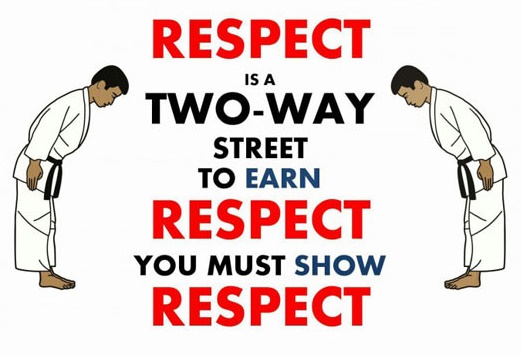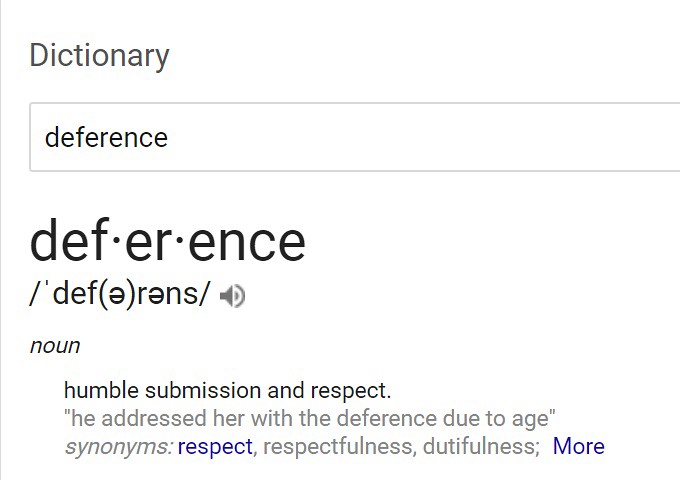Source: Race and Ethnicity 2016
Recently, on the National Institutes of Health blog, a blog post appeared titled "Communicating the Value of Race and Ethnicity in Research" authored by Dr. Eliseo J. Pérez-Stable, M.D., Director, National Institute on Minority Health and Health Disparities. He writes of the importance of the inclusion of research on different races, ethnicities, along with women.
Until recently, researchers assumed that what they learned about White male participants could be safely applied to anybody, regardless of gender, race, ethnicity or other variables. We now know that this isn’t true. When you’re communicating about research results, it’s vital not only to explain how a study was done, but who was being studied.Unfortunately, racial and ethnic minorities experience more preventable diseases and poorer health outcomes—referred to as “health disparities (link is external)”—yet they are not included in research studies as often as White people are. This is true even though researchers who get NIH funding have been required since 1993 to report race, ethnicity, and gender of participants in their biomedical research. African Americans and Latinos make up 30% of the U.S. population but account for less than 10% of participants in genetic studies.We know now that when it comes to medical research, there is no standard or average human. No single group can truly represent us all. In fact, many differences have already been identified.The FDA has approved drugs which were proven to be safe and effective for overwhelmingly White study participants. However, we found out later that these drugs do not necessarily work the same for minority populations. For example, clopidogrel, an anti-platelet drug, is no better than a placebo for 75% of Pacific Islanders who take it. The most common asthma-controlling medications were approved by the FDA based on how they performed in studies that included mostly White people. But later studies showed that they often don’t work as well for Puerto Ricans and African Americans, who have the highest rate and greatest severity of asthma. Carbamazepine, a drug used to treat seizures and nerve pain, is more likely to cause Stevens-Johnson syndrome in Asians than in other racial groups.Despite the growing evidence that race and ethnicity play an important role in the risks for many diseases and responses to environmental exposures, my fellow researchers and I still devote much of our time to explaining why scientists should include more racial and ethnic minorities in their studies. Clinical research has the potential to help advance health for everyone. But for that to work, it must include people from all groups.Clinical trials of diabetes medication should include Mexican Americans and Puerto Ricans—populations with high rates of diabetes. Prostate cancer trials would be remiss if they fail to enroll African American men, who are twice as likely as White men to be affected by and die from the disease.Many studies do show differences in health outcomes between racial and ethnic groups. When we interpret these studies, we should also consider the underlying factors causing those discrepancies. At NIH’s National Institute on Minority Health and Health Disparities (NIMHD), we sponsor many researchers who study the various factors that influence health.The easiest reaction to a study finding a health difference between, say, African Americans and White Americans might be to think the difference is due to something biological related to race. Sometimes there is a genetic element; for example, people of African descent are more likely to have high blood pressure and lung cancer (link is external). But we know that the health disparities experienced by minority populations can have many other causes. People of different races and ethnicities often grow up in different cultural environments, with diverse diets and health practices. Economic opportunity is not evenly distributed among all races, and different populations have unique histories that can contribute to health differences today. We can’t work to reduce these disparities if we don’t understand the mechanisms underlying them. To do that, our scientific research must include those groups that have historically been excluded or underrepresented.The inclusion of minorities affects more than minority health and health disparities. It is also a question of social justice—and of good science. To be truly thorough and meaningful, our clinical studies must include diverse populations.When you write about a study, consider who is included. Did ethnic and racial minorities participate in the study? If not, why not? If the study population is overwhelmingly White, you should be skeptical. If the researchers found differences between people of different populations, did they consider all the reasons why such differences can occur, or just jump to a conclusion that it must be because the races are biologically different? By asking these questions, we can help improve clinical research and ultimately help end health disparities.
I find the fact that traditional research was limited to that conducted on White males - to be very strange. Although, in an earlier post on health outcomes in different genders, I have told the brief story about a professor who taught me the chemistry of polymers. The story drives home a time that hopefully has passed in testing by pharmaceutical companies.
My polymer chemistry professor had previously worked in industry before returning to teach at a university. He told a story of a time when he participated in 'drug trials' which were conducted in house before clinical trials for extra pay. He participated as usual one weekend and found himself hanging on to a toilet -- vomiting -- all weekend.
Confused, but relieved to return to work, he was debriefed by the company about his experience taking the experimental medication. He stated that he was nauseous all weekend. The fellow employee at the company empathized with him. Later in the interview, he asked what the intended purpose was for the experimental medication. The answer was that the medication was a new experimental form of 'birth control' treatment. No wonder he was sick all weekend.
Conclusion...
Why was he given a medication intended for a 15 year old girl? Or a woman? Clearly, this story highlights another problematic dimension of the above change in the medical research community's best practices. The need to test medication on the proper 'gender group' is extremely imperative. Why would an experimental contraceptive treatment ever be given to a man? Further, what conclusion can be drawn with such results?
With the above comments from Director Perez-Stable, definite changes need to be implemented as society moves forward in time. The gigantic recent effort "All of Us" is a great place to start by collecting 1 million participants (of difference races, ethnicity's, and gender). All of the data collected in this effort will shed light on differences which were previously unnoticed or unknown. The future of medical research is exciting as scientists expand the dimensions of scope to include race, ethnicity, and gender in their search for better treatments and preventative measures for society.
Related Blog Posts:
Is Disease Or Treatment Different In Women?
Thoughts: What Does National Institute of Health Director Francis Collins get asked in front of Congress?
"All Of Us" - The Best Medical Knowledge Update Effort - Please Join!
What Is Going On Inside That Cell?
How Do Scientists Think?
Parameters: 3D Printed Human Hearts?
Parameters: Obesity Short Circuit Discovered Leads To Overeating
NIH Director Updates Congress On Research Progress
Dr. Francis Collins and Bill Gates Discuss Global Health And Genomics
Why Not List Adverse Effects On Drug Labels?
World Health Organization Suggests More Funding For Antibiotic Resistance Research
Unraveling The Resistance Of Antibiotics!
Why Should You Study Chemistry?


